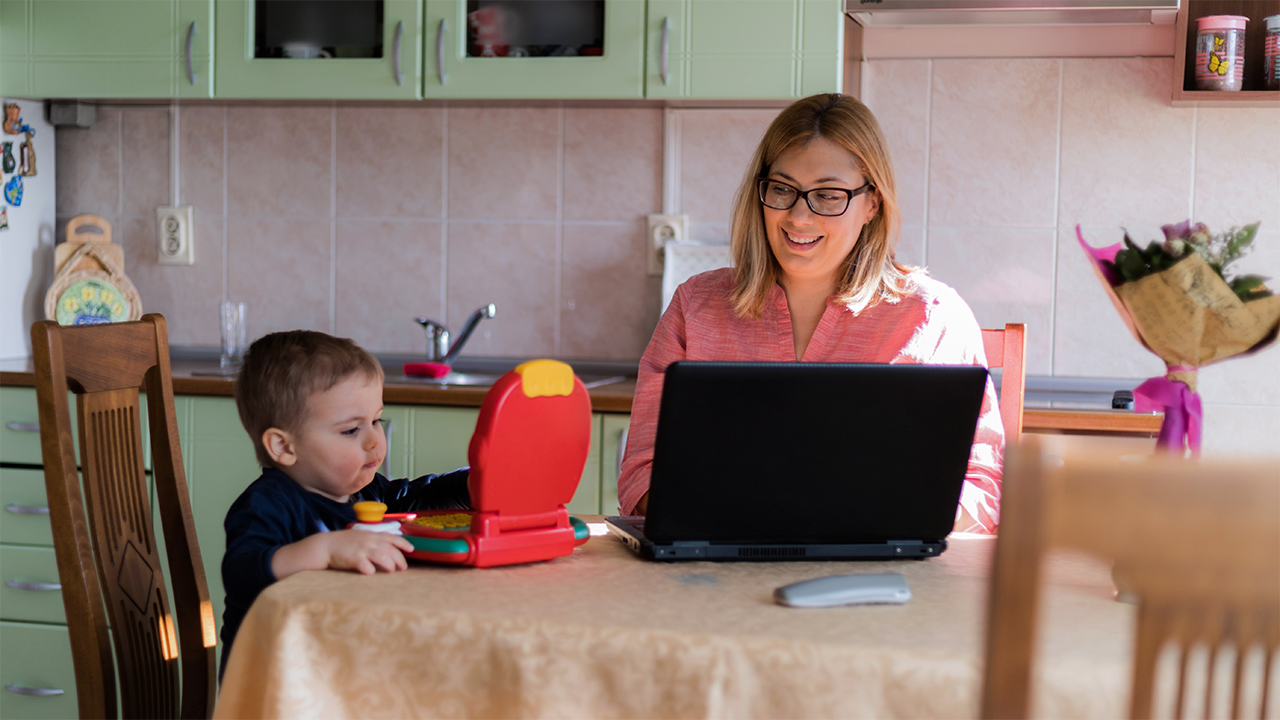Even before the most recent wave of infections, children were suffering socially and emotionally from the effects of the pandemic. Educators, attuned to the complex integration of psychology and pedagogy that’s part of their jobs, knew that one year of instability was already too much. Students in transition years– those starting middle school or kindergarten—had missed important milestones. Too many learners had fallen far behind. For students of color and those from low-income communities, gaps widened. Some disappeared from the system entirely. Educational leaders were cautiously looking forward to a closer-to-normal school year.
Then Omicron came rolling in. Faced with uncertainty about the severity of the variant (Was it more contagious? Less severe?), districts and schools scrambled to implement new quarantine protocols or reverted to old ones. On top of epidemiological concerns, schools struggled with the politicization of mask and vaccine mandates, as well as the great weight of pandemic fatigue. This resulted in shifts from in-person to remote (and back again), exhausted educators and leaders, and disrupted learning experiences for kids. Returns to in-person learning came with spikes in student conflicts and teachers reporting high levels of stress and dissatisfaction. It seemed that kids, as some educators reported, had forgotten how to “do” school.
Even in the face of this uncertainty, adults can still act as stabilizing forces to help kids navigate a tricky time. Study after study has shown that caring relationships with adults drive student achievement and mitigate risky behavior. The best instruction integrates academics with social emotional learning (SEL), both explicitly taught and practiced through learning activities.
Childhood is a period of major brain development, but it is also an intense period of identity, behavior, and mindset development. In school, young people are not only learning how to read and write but are also learning to be confident and discovering where they belong. They take cues from adults in their search for certainty and balance. Unpredictability, unreliability, changing rules, and new spaces all make it hard for students to create relationships founded on trust. This becomes much more difficult in a global health crisis full of fluctuating situations and rules.
Research shows that intellectual and cognitive abilities are positively impacted by the quality of relationships and trust. “These relationships are the basis of the way we push our students to learn, the way we push our students to excel,” said David Adams, CEO of The Urban Assembly. “When schools are focused on social and emotional development, they are building the capacity to build the kinds of relationships necessary for learning.” Adams and his colleagues explored the research and routines that highlight the importance of these connections in an event hosted by the Institute’s Education & Society Program in the early months of the pandemic.
“When students learn from teachers who genuinely see their promise, embrace their identities and histories, and create learning environments with which students feel a sense of belonging and have agency in their experiences, students thrive,” said Natalie Walrond, director for the Center to Improve Social Emotional Learning and School Safety at WestEd. She cited research that students who feel connected to school are more likely to engage in healthy behaviors, avoid risky ones, and succeed academically.
These success stories show how beneficial a healthy, inclusive campus climate can be. Unfortunately, just as the facts of masking and vaccination have been politicized, the very concept of SEL has become a target. Some arguments mischaracterize essential life skills, like conflict resolution and presence of mind, with some sort of indoctrination. This elides the fact that these skills are what schools have always taught, and that these are skills that employers are seeking.
Principals who embrace SEL do so because both research and anecdotal evidence demonstrate success. It helps students learn. It enables students to create relationships with adults thereby helping them model healthy behavior. Research has found that when principals invest in cultural traits like trust and care, it even has benefits for the adults who teach our children, especially in this time when they are overwhelmed by workload, politics, and fatigue.
Schools and teachers don’t have all the answers for kids; life is always full of uncertainty and instability. But they can work to make sure they have safe spaces and safe relationships with people who will help them find their own answers.
We owe it to our children to make sure that in the face of all the pandemic stresses they’ve endured, adults are providing them with a consistent climate of care.


